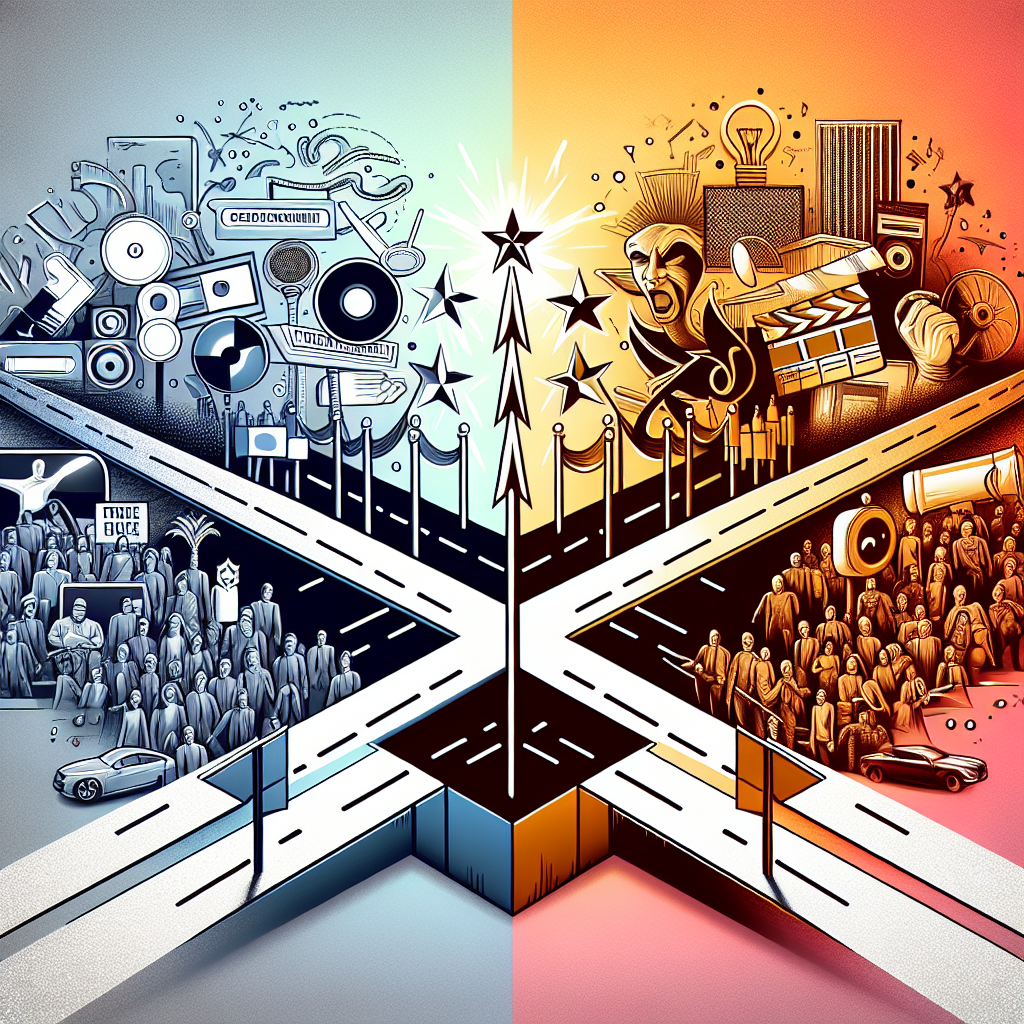In the heart of our city, the glittering world of local entertainment has now turned into a battleground for workers’ rights. The announcement sweeping through stages and studios alike is clear: The entertainment industry is unionizing. This pivotal shift stands not merely as an employment issue but marks a crossroads moment with unforeseen socio-economic ripple effects.
Policy Overview
The new collective bargaining agreement will pave the way for fair wages, improved working conditions, and enhanced job security amongst other provisions. It comes after years of growing discontent over precarious contracts, low pay scales, and limited avenues for career progression.
Historical Context
This move echoes similar industrial transformations witnessed during the late twentieth century where many occupations transitioned from disjointed workforces into organized unions seeking greater equity.

Stakeholder Perspectives
Different factions stand divided on this development. While many employees are enthused about their newfound voice, some employers fear increased production costs due to higher wages and benefits packages.
Economic Impact
An empowered workforce could lead to better productivity but conversely may also lead to higher ticket prices or subscription fees as companies attempt to offset their increasing expenses.
If successful, this move could trigger similar actions across other professions within creative industries setting new labor market standards.

